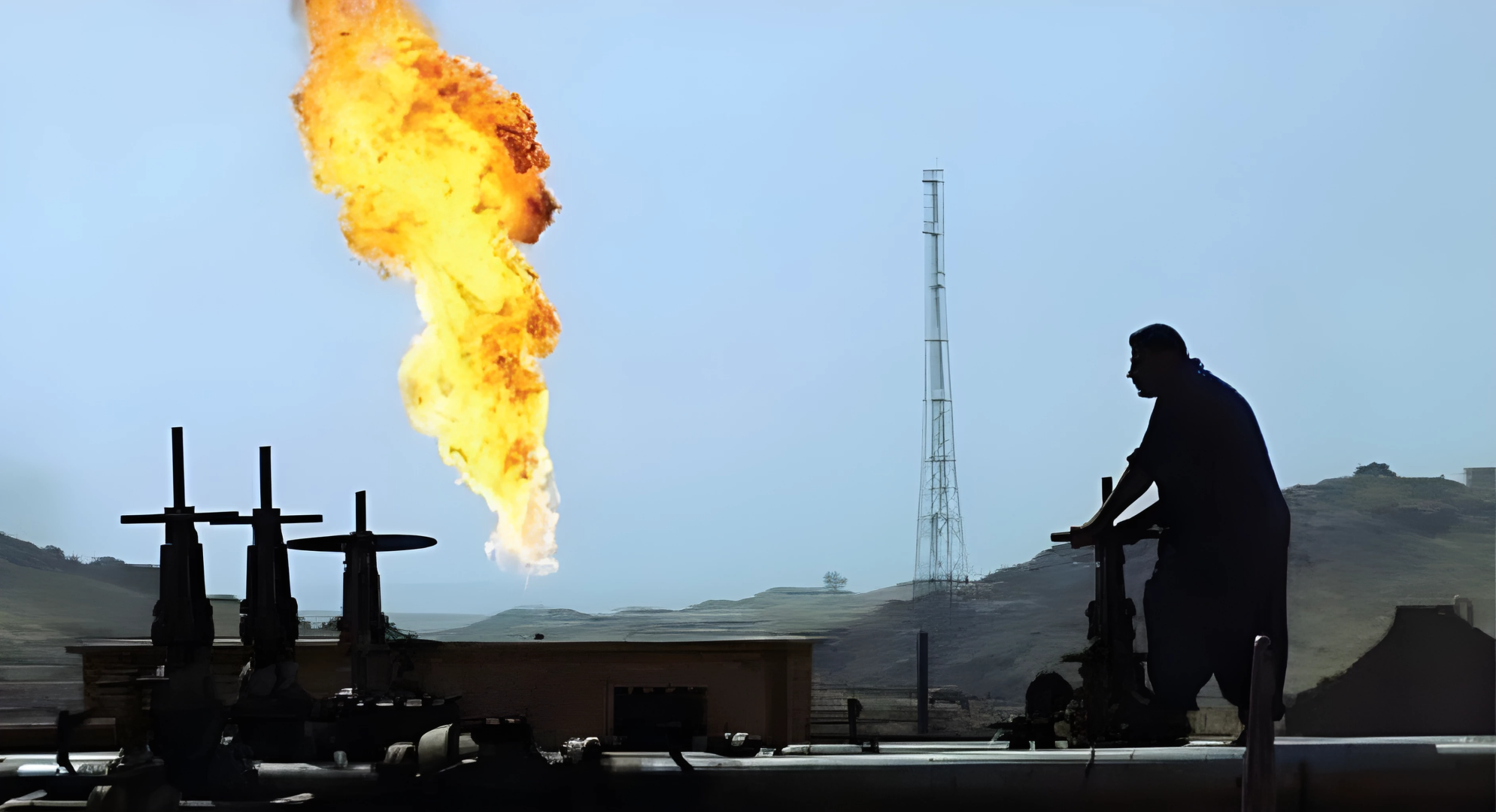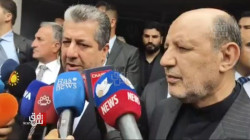Budget law contributes to Kurdistan's oil exports halt, says KRG as Baghdad, IOCs trade blame

Shafaq News/ The Kurdistan Regional Government (KRG) on Tuesday assured it is sparing no effort to resume crude oil exports via Turkiye, as Baghdad and International Oil Companies (IOCs) operating in the semi-autonomous region trade blame over the year-long delay.
The Iraq-Turkiye oil pipeline (ITP) which once handled about 0.5% of global oil supply has been halted, stuck in legal and financial limbo, since March 2023.
The flows were halted after the Paris-based International Chamber of Commerce in a longstanding arbitration case ruled Ankara had violated provisions of a 1973 treaty by facilitating such exports without the consent of the Iraqi federal government.
Iraq's oil ministry in a statement published late on Sunday noted that foreign companies, alongside the Iraqi Kurdish authorities, have still not submitted contracts for revision to the ministry.
In response, the KRG acknowledged the agreement reached with the federal government in April 2023, "but the exports have not yet restarted" it said, blaming "unfair articles" in the Iraqi budget law for contributing to the delay.
"The oil industry in Kurdistan was established through foreign investments without spending a single dinar from the country's budget," the KRG Ministry of Natural Resources said in a statement. "This is not reflected in the budget law, unlike the [federal] Iraqi oil industry, which relies on billions of dollars in the country's general budget."
Iraq's federal court in 2022 deemed an oil and gas law regulating the Kurdistan region's oil and gas industry as unconstitutional, but KRG denounced the ruling as attempt to undermine the federal entity of the Kurdistan region.
The KRG also said the amount allocated for oil production and transportation in the region falls short of the actual cost.
Iraq owes Turkiye minimum payments as long as the pipeline is technically operational - estimated by consultancy Wood Mackenzie at around $25 million per month. APIKUR has cited a similar figure, saying it understands Iraq owes $800,000 in daily penalties.
"The KRG government, in order to show goodwill and resolve the differences, has handed over more than 11 million barrels of oil to the federal government, but has not yet received a single dinar to pay the financial obligations of the oil producing companies," the statement added.
The statement said that the KRG's oil exports accounted for only 10% of Iraq's total oil exports, and the revenues from these exports were only a part of the financial dues owed to the people of Kurdistan in the federal budget.
"Since stopping oil exports, the Kurdistan Region has been enduring a severe financial crisis. This led to delays in paying the salaries of public servants; which, until the halt, were paid monthly without delay," the statement said.
"The KRG is committed to reaching a fair and just agreement with the federal government that guarantees the rights of all parties."
Earlier today, Iraq's oil ministry said that IOCs operating in the Kurdistan Region are partly to blame for the delay in resuming crude exports after failing to submit contracts for revision.
On Saturday, the Association of the Petroleum Industry of Kurdistan (APIKUR) said that the Iraqi federal government had not taken the necessary action to reopen the pipeline.
Iraq's Prime Minister Mohammed Shia al-Sudani is due to meet U.S. President Joe Biden in Washington on April 15 to discuss the future of the U.S.-led coalition in Iraq, as well as Iraqi financial reforms and a U.S. push to wean Iraq - a rare ally of both Washington and Tehran - off Iranian power and gas.





